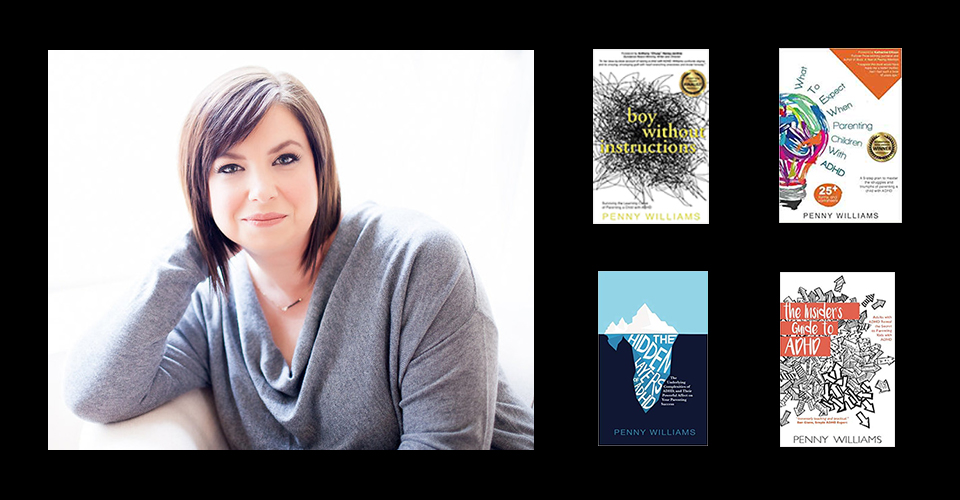
When I saw the post about Penny Williams’ book, “Boy Without Instructions” in a recent Edge Foundation e-newsletter, I immediately thought that’s how I describe my son. I often tell people “He comes with an instruction manual. Unfortunately, it’s written in Chinese and I don’t speak Chinese.”
To me, Chinese seems like a very difficult language to learn – with 50,000 (!) characters that I don’t understand. A Chinese language handbook is about as daunting as I can imagine. Now that my son is 21, I’ve finally figured out his instruction manual, for the most part. This came after reading many books on parenting children with ADHD, stints with two therapists, lots of trial and error, and plenty of tears.
Williams is working on this too, as she parents her 16-year-old son Luke, who was diagnosed with ADHD at age 6 and has since been diagnosed with other learning challenges, including autism. He’s a “2e” child, meaning that he not only has those challenges, but is also considered gifted in comparison to same-age peers. In addition to writing four books, Williams offers parent coaching and education. During a recent interview with her, she offered this bit of advice to parents.
“The first step is to accept ADHD, accept that you can’t fix it and then move forward from there,” she says, noting that kids pick up on their parents’ emotions. “For a long time, I was in fix-it mode. I was spinning my wheels constantly. I was working so hard to make it better and nothing was making it better. It was because I didn’t have the right mindset, the right perspective. It’s not our kids who need to change. They’re wonderful. It’s us who have to change.”
Williams notes that the traditional authoritarian approach to parenting doesn’t work. Instead, it’s about parenting the individual child, getting to know their strengths, their passions, what is true for them. And how they walk through this world. Then, use that information to help them craft a life where they can be successful and happy. It’s a process that takes time.
She follows the approach that Dr. Ross Greene writes about in “The Explosive Child” and “Raising Human Beings.” The approach advocates collaborating with a child, being empathetic, getting his or her input, and figuring out what will work for everyone.
This mirrors the Edge Foundation’s coaching model – one-on-one coaching in schools or at home, which helps students gain the resilience and skills that they need to succeed in school and in life. This specialized form of coaching gives kids a chance to make responsible decisions and own the outcomes. Edge coaches help students develop the executive function skills that allow them to make good decisions in school and in life.
“If we all parented the individual kid that we have we’d have happier kids in general,” Williams says. “Especially in school. We try to make all the kids fit into the same box. We need more facilitation and support. Being more of a guide and a coach is what’s best in general.”
 Cynthia Flash owns Flash Media Services and provides public relations services to numerous clients, including the Edge Foundation. Reach her at cynthia@flashmediaservices.com.
Cynthia Flash owns Flash Media Services and provides public relations services to numerous clients, including the Edge Foundation. Reach her at cynthia@flashmediaservices.com.


